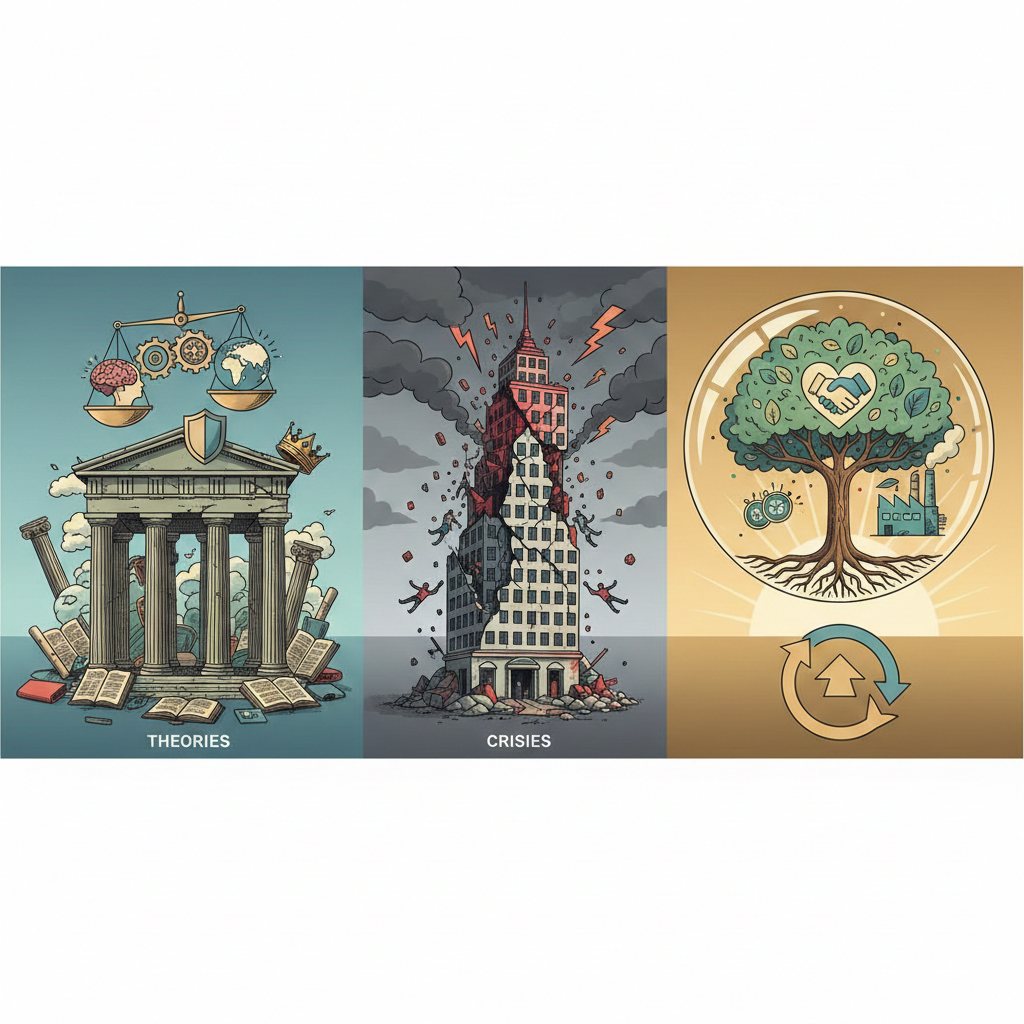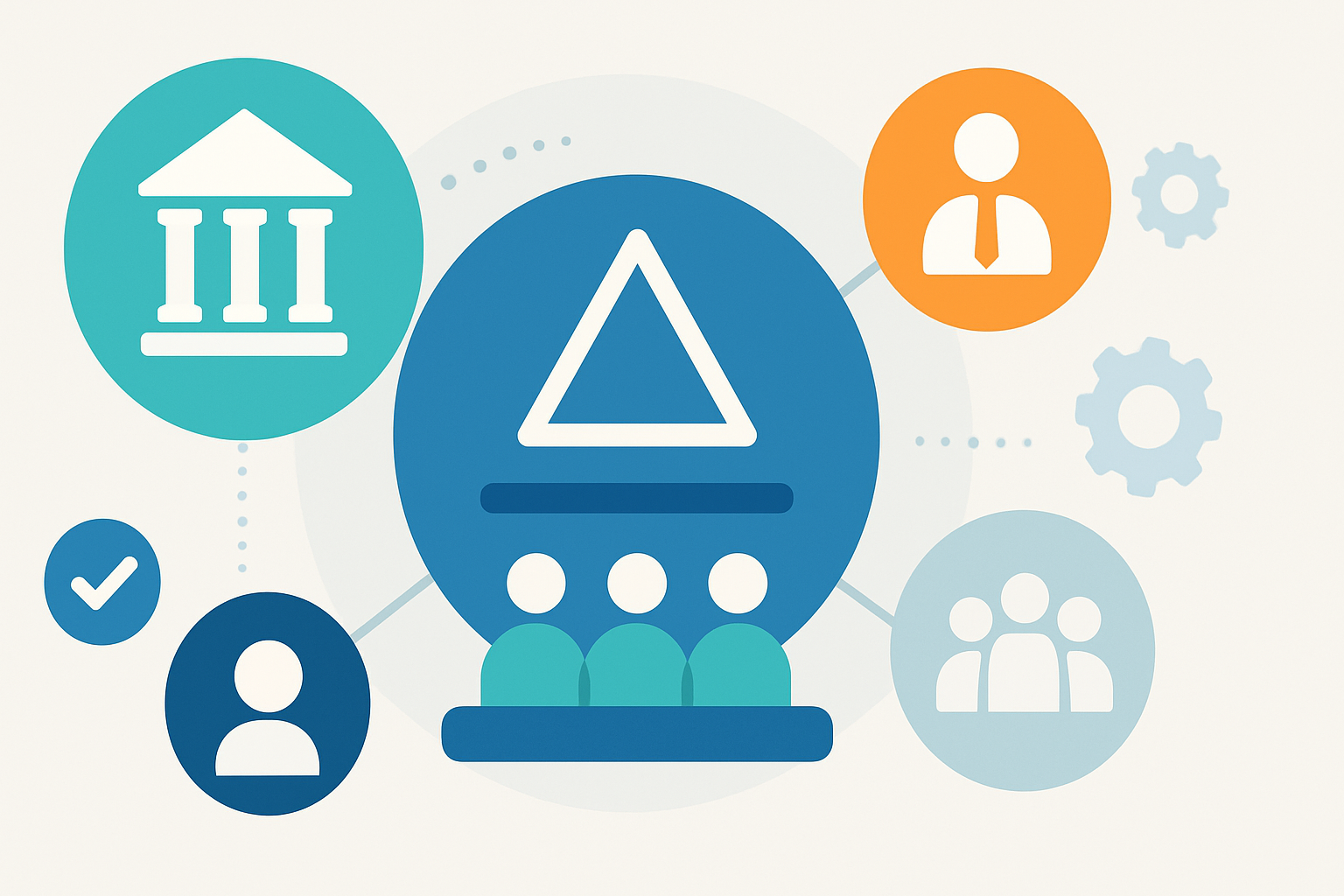Transparency, Governance and What It Means for a New IPO

Transparency in governance is one of the most defining signals of corporate maturity, especially for companies preparing to enter the public markets. As organisations approach an IPO, their ability to communicate clearly about risk management, internal controls, and board oversight often shapes investor confidence as much as their commercial story. To understand what strong governance disclosure looks like in practice, it is helpful to examine companies recognised for excellence in this area. The FTSE 100 companies 3i, Aviva and BAE Systems were celebrated in the 2010 Transparency in Governance Awards for their disclosures on risk management and internal control. These organisations were distinguished not merely by reporting risks, but by explaining governance architecture with precision: board responsibilities, committee structures, internal audit mechanisms, risk identification, mitigation processes and links to strategic oversight. Their reports show discipline, clarity and an investor-minded approach to communication. When compared to another major listed company like BT Group, one sees clear differences. BT’s 2010 disclosures were comprehensive and compliant, with detailed risk sections, robust financial statements and committee reporting. However, the award-winning organisations demonstrated a deeper narrative about how risks are governed, how internal controls function continuously, and how oversight structures are embedded into culture and strategy. It is this narrative, rather than compliance alone, that gives investors confidence during an IPO.
The question of how governance should evolve in modern corporations leads naturally to the longstanding debate about worker or employee directors. This debate, discussed in depth in the UK Bullock Report of 1977, reflects a tension between board professionalisation and broader stakeholder participation. Proponents argue that employees, who experience operational realities and bear the consequences of corporate decisions, should have a direct voice at board level. They believe worker directors can strengthen trust, contribute unique frontline insights and help boards take a longer-term, more socially grounded view of corporate health. Opponents argue that directors must act in the interests of the company as a whole, and that worker directors may face divided loyalties between employee representation and legal fiduciary duties. They worry about introducing conflicts into the boardroom, weakening board cohesion and undermining confidentiality. They also highlight that rigid representation models, like those suggested in Bullock, may not reflect the complexity or diversity of modern corporate structures. Today, although stakeholder expectations have evolved, and employee engagement is a board-level priority in many jurisdictions, the formal appointment of worker directors remains rare in UK-listed companies. Instead, companies rely on alternative mechanisms such as employee councils, workforce advisory panels, ESG oversight and disclosure, and share ownership schemes.
For a company preparing for flotation, however, the core governance challenge is not experimentation but credibility. The chairman and chief executive I am advising is right to think deeply about governance signalling. As the company transitions from private to public ownership, the market will judge governance readiness by the clarity of risk controls, transparency of financial oversight, strength of independent challenge and alignment with regulatory expectations. Investors will compare the company’s governance disclosures with benchmarks set by leaders like 3i, Aviva and BAE Systems. They will expect evidence of a functioning risk framework, active board committees, meaningful internal audit, well-articulated principal risks, ESG considerations and clear accountability lines. These expectations shape not only valuation but also whether institutional investors participate at all.
The question of whether one individual should serve as both chairman and CEO is central to governance credibility. Although there can be advantages to role combination, particularly in founder-led or high-growth contexts, most institutional investors favour separating the two roles. Concentrating decision-making authority in a single individual raises concerns about diminished oversight, weaker challenge and higher governance risk. An independent chairman provides a counterweight to executive power, acts as a steward of the board, and reinforces the integrity of governance processes. Even if you are confident in your ability to balance these responsibilities, the market perception may be unfavourable, affecting valuation and demand during the IPO. That said, if you choose to retain both titles, robust mitigations must be introduced, such as a majority-independent board, a senior independent director empowered to challenge the executive role, strong audit and risk committees, and full transparency in disclosures explaining the decision. These measures demonstrate good faith and signal that the company recognises investor concerns, even if it adopts a structure that deviates from best practice.
The broader lesson is that governance is not an abstract exercise. It materially affects access to capital, shareholder trust and long-term strategic flexibility. By mirroring the clarity of governance demonstrated by 3i, Aviva and BAE, by recognising the evolving expectations around stakeholder interests even if not adopting worker directors at this stage, and by addressing the chairman–CEO question with discipline and transparency, the company can position itself as a responsible, credible and well-prepared candidate for public markets. This is not merely good practice; it is a strategic advantage as the company enters its next chapter.



